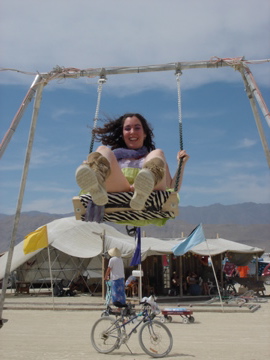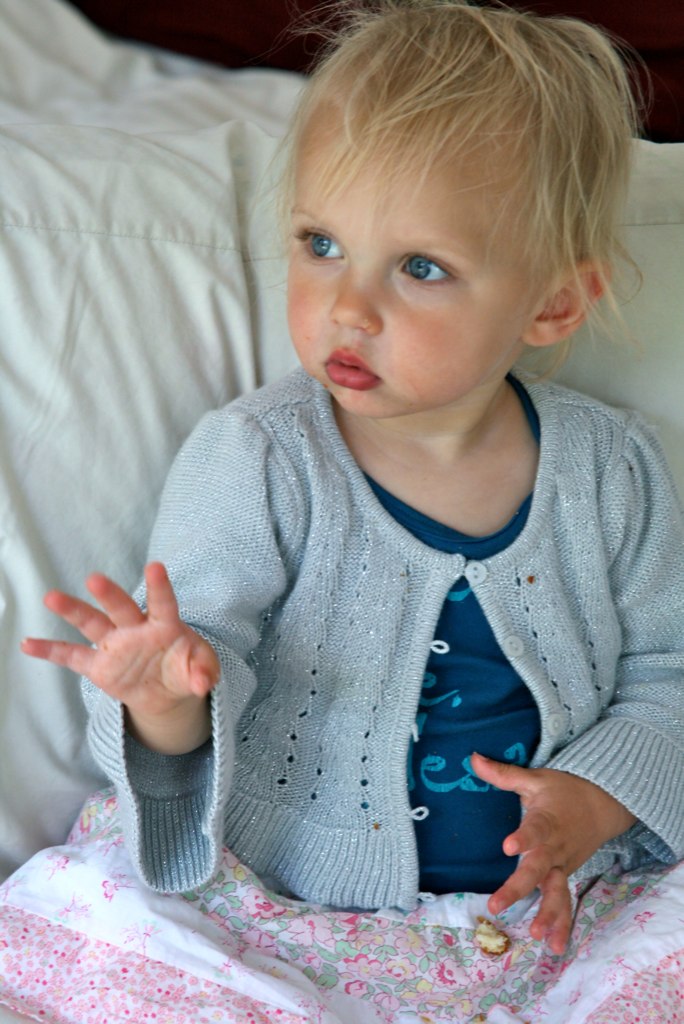I took my very first solo airplane ride with my daughter last week and at first I was not sure how it would go. As I began to pack, I realized that I was really nervous about being stuck on an airplane alone with a toddler and for a couple of days I considered nixing my previous commitment to screen free living for my little one. I thought it might be easier to manage the trip if I brought along my husband’s iPad and chocked it full of children’s books and fun drawing apps.
But after some consideration, I decided that I just didn’t feel good about introducing my daughter to the iPad because I was scared she wouldn’t be able to entertain herself on the airplane. Instead, I came up with a solid plan to entertain and engage her with books, rhymes, toys, finger puppets, a small doll, crayons, and stickers. And it worked!





